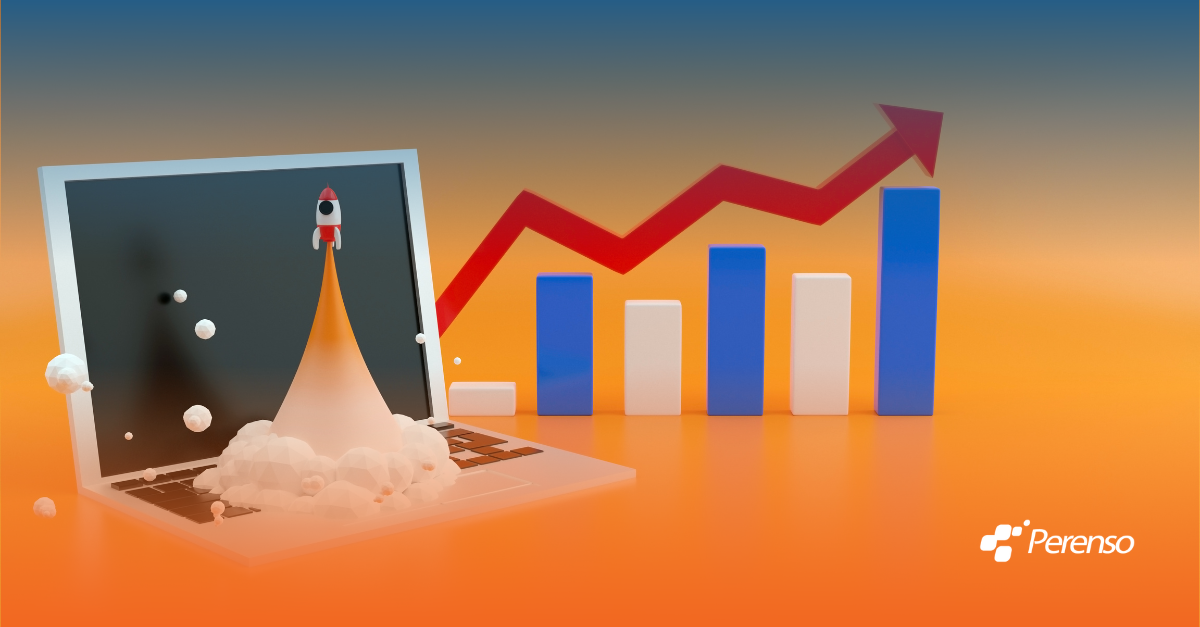SFA vs CRM: Understanding How Each Benefits Your Business
Discover the differences between SFA and CRM and learn about key features and benefits of each to optimize your sales processes and customer relationships.
Understanding SFA and CRM
SFA stands for Sales Force Automation, while CRM stands for Customer Relationship Management. Both SFA and CRM are software solutions used by businesses to manage and improve their sales and customer relationship processes.
SFA focuses primarily on automating sales tasks and processes, such as lead management, contact management, opportunity management, and sales forecasting. It helps sales teams streamline their workflows, track sales activities, and improve overall sales efficiency.
On the other hand, CRM is a broader solution that encompasses not only sales automation but also customer service, marketing automation, and other customer-centric functionalities. CRM systems provide a centralized database of customer information, allowing businesses to effectively manage customer interactions, track customer preferences, and provide personalized experiences.
Understanding the differences between SFA and CRM is crucial in determining which solution is right for your business. While both aim to improve sales and customer relationship management, they offer different functionalities and cater to different business needs.
Key Features of SFA
Sales Force Automation (SFA) software offers a range of key features designed to streamline sales processes and increase sales effectiveness. Some of the key features of SFA include:
1. Lead Management: SFA systems allow businesses to capture, track, and manage leads effectively, ensuring that no potential sales opportunity is missed.
2. Contact Management: SFA software provides a centralized database of contacts, allowing sales teams to easily access and update customer information.
3. Opportunity Management: SFA systems enable businesses to track and manage sales opportunities throughout the sales pipeline, ensuring efficient sales forecasting and deal closure.
4. Sales Analytics: SFA solutions offer robust reporting and analytics capabilities, providing insights into sales performance, customer behavior, and market trends.
5. Mobile Access: Many SFA software solutions offer mobile accessibility, allowing sales teams to access and update information on the go, improving productivity and responsiveness.
These key features make SFA an essential tool for businesses looking to streamline their sales processes and drive revenue growth.
Key Features of CRM
Customer Relationship Management (CRM) software offers a comprehensive set of features that go beyond sales automation. Some key features of CRM include:
1. Contact Management: CRM systems provide a centralized database of customer information, enabling businesses to effectively manage customer interactions and track customer preferences.
2. Lead Management: CRM software allows businesses to capture, track, and manage leads throughout the entire customer journey, from acquisition to conversion.
3. Customer Service Management: CRM solutions include customer service functionalities, such as ticketing systems and knowledge bases, to ensure efficient issue resolution and customer satisfaction.
4. Marketing Automation: CRM systems offer marketing automation capabilities, enabling businesses to automate marketing campaigns, track campaign performance, and nurture leads.
5. Analytics and Reporting: CRM software provides robust analytics and reporting features, allowing businesses to gain insights into customer behavior, campaign effectiveness, and overall business performance.
These key features make CRM a powerful tool for businesses looking to manage and improve their customer relationships across various touchpoints.
Benefits of SFA
Implementing a Sales Force Automation (SFA) solution can bring several benefits to your business. Some of the key benefits of SFA include:
1. Increased Sales Efficiency: SFA software streamlines sales processes, automates repetitive tasks, and provides sales teams with real-time access to customer information, resulting in improved sales productivity and efficiency.
2. Enhanced Sales Performance: SFA systems provide valuable sales insights and analytics, allowing businesses to identify trends, optimize sales strategies, and make data-driven decisions to drive sales performance.
3. Improved Customer Relationship Management: By effectively managing leads, contacts, and opportunities, SFA solutions help businesses build stronger customer relationships and provide personalized experiences, leading to increased customer satisfaction and loyalty.
4. Better Sales Forecasting: SFA software enables accurate sales forecasting by providing visibility into the sales pipeline, tracking sales activities, and analyzing historical data, helping businesses make informed sales projections and allocate resources effectively.
5. Mobile Accessibility: Many SFA solutions offer mobile apps or responsive interfaces, allowing sales teams to access and update information on the go, enabling remote work and improving sales responsiveness.
By leveraging the benefits of SFA, businesses can optimize their sales processes, drive revenue growth, and strengthen their customer relationships.
Benefits of CRM
Implementing a Customer Relationship Management (CRM) solution can have numerous benefits for your business. Some of the key benefits of CRM include:
1. Improved Customer Engagement: CRM software enables businesses to effectively manage customer interactions, track customer preferences, and provide personalized experiences, resulting in increased customer engagement and satisfaction.
2. Streamlined Sales Processes: CRM systems streamline sales processes by automating lead management, opportunity tracking, and sales forecasting, allowing sales teams to focus on building relationships and closing deals.
3. Enhanced Marketing Effectiveness: CRM solutions offer marketing automation capabilities, enabling businesses to automate marketing campaigns, segment customer lists, and measure campaign performance, leading to more targeted and effective marketing efforts.
4. Centralized Customer Data: CRM software provides a centralized database of customer information, allowing businesses to have a holistic view of their customers and make data-driven decisions based on comprehensive customer insights.
5. Improved Collaboration: CRM systems facilitate collaboration between different teams, such as sales, marketing, and customer service, by providing a shared platform for communication, data sharing, and task management.
By harnessing the benefits of CRM, businesses can optimize their customer relationships, improve sales and marketing effectiveness, and drive overall business growth.
In conclusion, SFA focuses on automating sales tasks and processes, while CRM offers a broader range of functionalities that encompass sales automation, customer service, marketing automation, and more. Both SFA and CRM bring numerous benefits to businesses, such as increased sales efficiency, enhanced customer relationship management, improved sales forecasting, and streamlined processes. By leveraging the power of SFA or CRM, you can optimize your sales and customer relationship management efforts and drive overall business growth.
Find out how Perenso Field Sales can help you manage customer relationships and automate your sales processes:
You May Also Like
These Related Stories

The Rise of B2B Omnichannel

How to Boost B2B Sales with an Order Taking App



